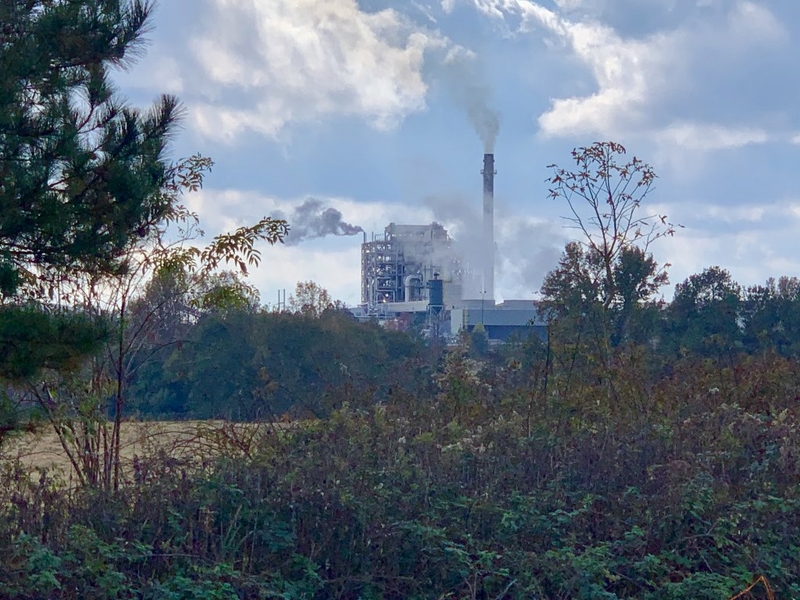Georgia PSC reverses course, pulls support for plan to burn tires to produce energy

A controversial proposal to allow biomass plants to burn scrap tires for electricity has been withdrawn by the Georgia Public Service Commission for now anyway.
Clean energy advocates applauded the five-member board’s unanimous vote Thursday that reversed its decision in April that granted the biomass industry’s request to use junked tires as a more reliable fuel source that improves the bottom line.
The PSC’s decision on Thursday doesn’t mean the industry campaign to burn old tires is over. Biomass representatives can petition the state regulators to hold a public hearing in the hopes of regaining commissioners’ support over objections that burning tires is a threat to public health and the environment.
Environmental groups formally asked the commissioners to rethink an April 21 vote that might have skirted open meeting requirements since the commission gave inadequate public notice. Commission Chairwoman Tricia Pridemore was the only member to vote against the proposal in April.
If the biomass industry requests a public hearing, the opposition will have an opportunity to explain the dangers of biomass facilities burning a highly toxic product that can release more carbon dioxide than jet fuel, kerosene, or methane, according to Jennifer Whitfield, an attorney with the Southern Environmental Law Center, representing Partnership for Southern Equity and Georgia Interfaith Power & Light.
“We appreciate the commission’s open mindedness and willingness to give this issue the additional consideration that it warrants,” Whitfield said. “(Thursday’s) decision gives Georgians a chance to share their positions and learn more about why utilities burning tires for energy would be a move backward —not forward.”
Georgia’s entry into biomass energy generation was ignited in 2019 after PSC Commissioner Jason Shaw championed the facilities’ potential to repurpose huge amounts of debris left over from Hurricane Michael.
On Thursday, Shaw said that the biomass community has presented a strong case about how turning tire scraps into alternative fuel would provide an important industry shakeup. A separate hearing on the proposal will give all parties a chance to have expert witnesses weigh in before any final decision is made by commissioners, he said.
Shaw said that the Georgia Environmental Protection Division and U.S. Environmental Protection Agency are the gatekeepers that would decide which biomass projects are permitted to burn tires.
“It’s not our job to determine who gets air (quality) permits and who doesn’t, nor should it be,” he said.
Biomass power plants typically use wood pellets to produce energy, but natural gas and old tires are gaining traction within an biomass energy sector that represents a small fraction of Georgia’s energy consumption.
While wood generated electricity is not economically feasible in the U.S., it is more attractive in Europe where there are incentives for using this type of energy.
The tire-burning energy plans are also opposed by Georgia Power, which is looking to expand its electricity generating portfolio in the coming months by contracting with a company for a new biomass plant.
In pockets of rural Georgia, tensions have flared because of proximity of biomass power plants.
In 2020, a pair of northeast Georgia biomass plants’ pollution and noxious odor became a major source of frustration for residents who banded together to persuade lawmakers to ban creosote-soaked railroad crossties from being burned for energy.
In December, the Southern Environmental Law Center assisted a community group in south Georgia in negotiating stronger public health protections in a settlement with the company that planned to build the world’s largest wood pellet plant in a predominantly Black and Hispanic Cook County neighborhood.








